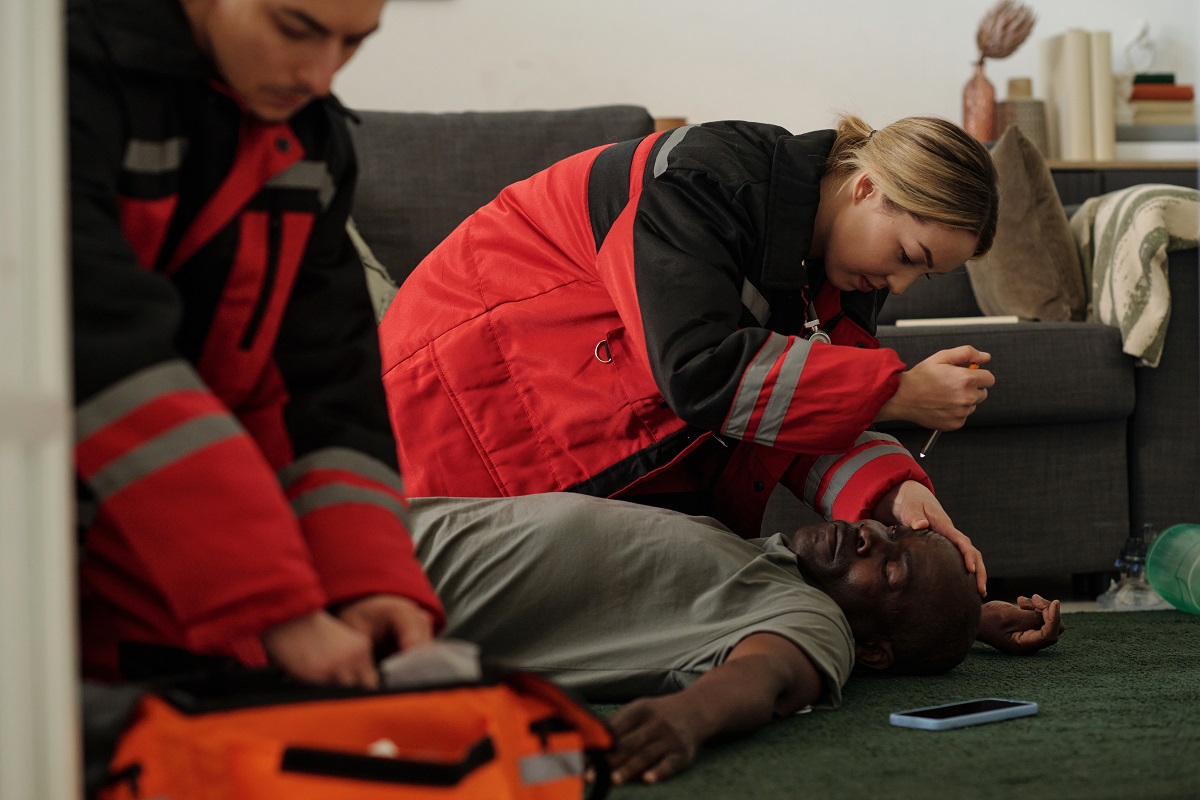
When it comes to emergency medical care for children, Pediatric Advanced Life Support Course plays a vital role in saving young lives. PALS is a specialized training program designed for healthcare professionals who work in pediatric care settings, and it offers numerous benefits that can significantly improve children’s health conditions. In this blog, we will explore five key benefits of Pediatric Advanced Life Support:
1. Enhanced Pediatric Emergency Response
The first and foremost benefit of PALS is its ability to enhance the response to pediatric emergencies. Children and infants have unique physiological and anatomical characteristics, making them different from adults. PALS training equips healthcare providers with a deep understanding of these differences and enables them to respond appropriately in critical situations.
Through PALS, medical professionals learn how to recognize and manage various pediatric emergencies, such as respiratory distress, cardiac arrest, and shock. This specialized knowledge empowers healthcare teams to act quickly and effectively, potentially saving lives.
2. Improved Teamwork and Communication
Another crucial benefit of PALS training lies in its emphasis on teamwork and effective communication among healthcare providers. During pediatric emergencies, effective teamwork is vital for successful resuscitation and stabilization.
PALS courses focus on developing communication skills, role clarity, and teamwork strategies through simulated scenarios. By fostering a collaborative environment, PALS enhances coordination among healthcare professionals, leading to more efficient and synchronized care for children.
3. Early Recognition of Deteriorating Conditions
PALS training equips healthcare providers with the ability to identify early signs of deterioration in pediatric patients. The course emphasizes the importance of continuous assessment and monitoring, enabling medical professionals to recognize changes in a child’s condition that may indicate a potential emergency. By promptly identifying deteriorating conditions, healthcare providers can initiate appropriate interventions, prevent further deterioration, and provide better treatment.
4. Evidence-Based Guidelines and Best Practices
Pediatric Advanced Life Support Course is rooted in evidence-based guidelines and best practices. The American Heart Association (AHA) and other authoritative organizations regularly update these guidelines based on the latest research and advancements in pediatric resuscitation science.
PALS training ensures that healthcare providers stay up to date with the most current recommendations, protocols, and algorithms. By following evidence-based guidelines, healthcare professionals can provide standardized, high-quality care to children, increasing the chances of a positive outcome.
5. Increased Confidence and Competence
Lastly, PALS training significantly enhances the confidence and competence of healthcare providers when it comes to managing pediatric emergencies. The comprehensive curriculum covers a wide range of topics, including airway management, vascular access, pharmacology, and rhythm recognition.
Through hands-on practice and simulation scenarios, medical professionals gain practical experience, allowing them to feel more prepared and capable of handling critical situations. The confidence gained through PALS training translates into improved decision-making, rapid intervention, and ultimately, better patient outcomes.
Pediatric Advanced Life Support (PALS) offers numerous benefits that are essential in delivering optimal care to pediatric patients during emergencies. By enhancing emergency response, improving teamwork and communication, enabling early recognition of deteriorating conditions, following evidence-based guidelines, and boosting confidence and competence, PALS training empowers healthcare providers to make a significant difference in the lives of children in critical situations.
Investing in PALS education ensures that healthcare professionals are well-prepared and equipped to provide the highest level of care when it matters the most: saving young lives.
Learn Pediatric Advanced Life Support (PALS) Course with Certification
We are an American Heart Association-certified team of medical experts providing Pediatric Advanced Life Support Certification Course in Maryland. Our course curriculum comprises all the vital knowledge required to make you a skilled pediatrician. In the course, you will learn about AED equipment, airway management, shock management, and cardiac arrest rhythms. So, if you also wish to become a certified pediatrician, you can contact us.

